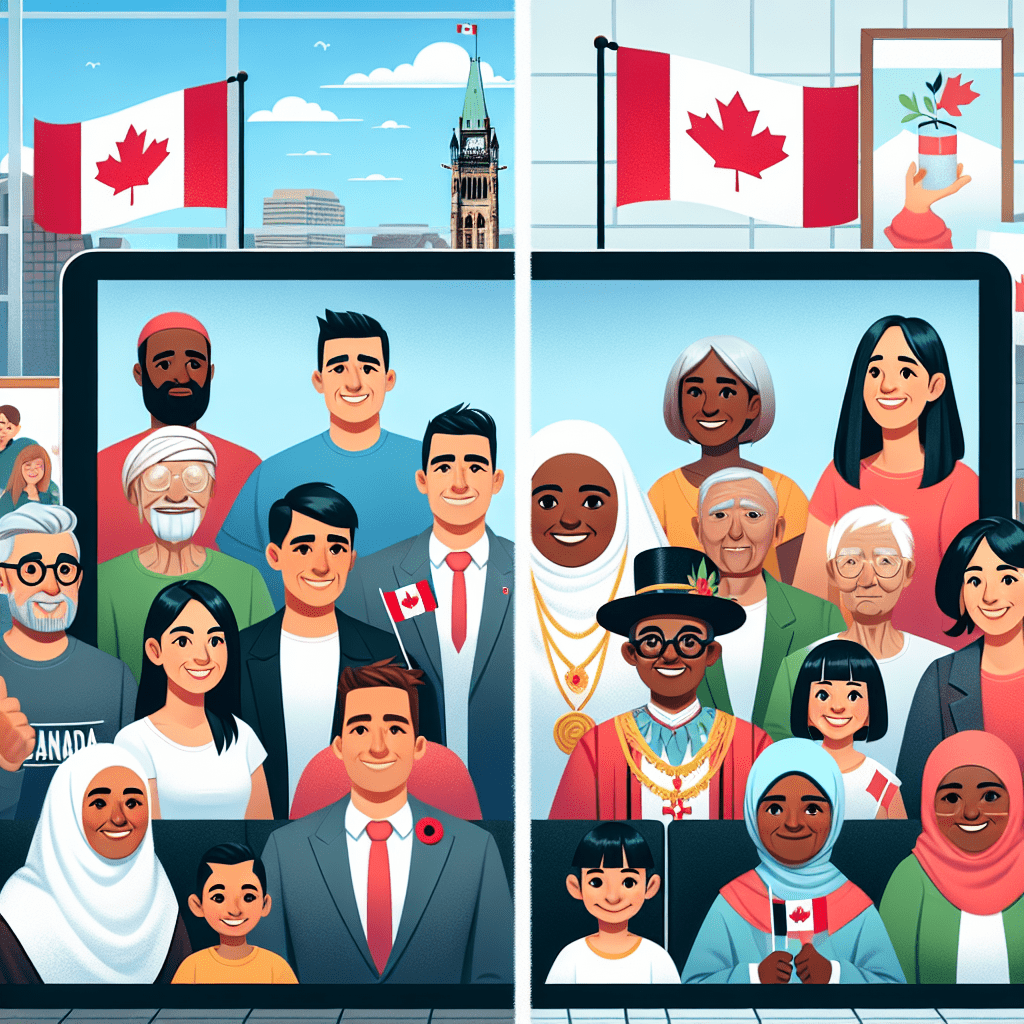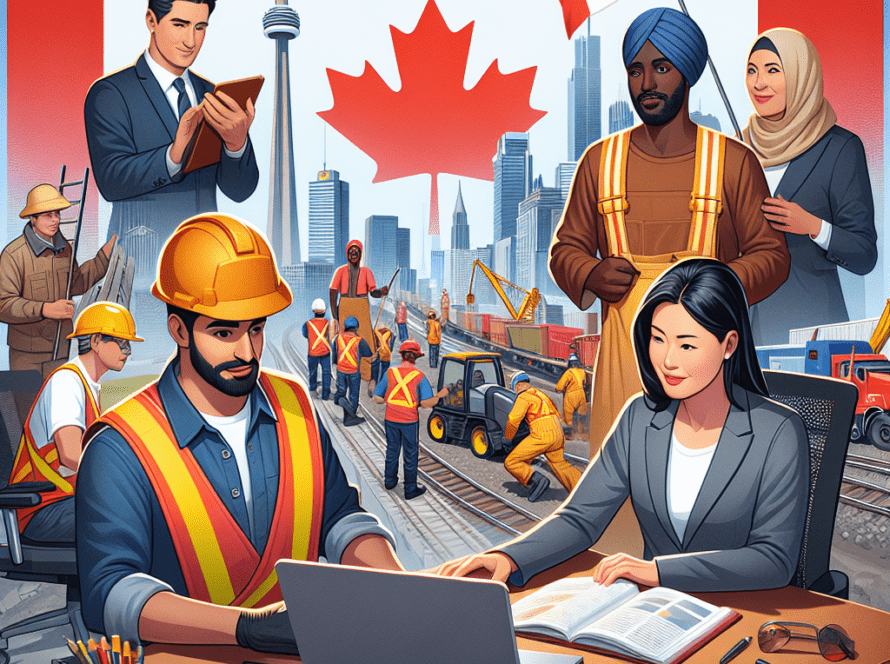Canada’s Virtual Citizenship Ceremonies Remain Popular Amid In-Person Resurgence

Canadian Citizenship Ceremonies: Embracing Change Amid Tradition
Canada’s approach to welcoming new citizens is undergoing a significant transformation, with a notable reliance on virtual citizenship ceremonies that emerged during the COVID-19 pandemic. Recent data from Immigration, Refugees and Citizenship Canada (IRCC) reveals that while in-person ceremonies are making a gradual comeback, virtual events continue to dominate, highlighting a shift in how the nation commemorates this pivotal milestone.
Key Trends in Citizenship Ceremonies
From January to September 2023, IRCC conducted an average of 224 virtual ceremonies and only 50 in-person events each month. Even as 2024 progresses, approximately 40% of ceremonies are still being held face-to-face, indicating a dual approach that balances modern convenience with traditional values.
The Rise of Virtual Ceremonies
The transition to virtual ceremonies was primarily a response to the pandemic, aimed at mitigating backlogs and ensuring ongoing processing of citizenship applications. This model has proven successful, with virtual events accommodating larger groups and faster scheduling. The average participation in virtual ceremonies reaches 135, compared to just 79 in-person guests.
The efficiency of these online events has solidified their status as a preferred option for many new Canadians, driven by flexibility and accessibility.
The Resurgence of In-Person Gatherings
Despite the success of virtual formats, there is a palpable yearning for the communal experience of in-person ceremonies. These events foster a sense of celebration among families and community leaders, offering a unique opportunity for newcomers to connect with their new homeland on a personal level. The emotional weight of an in-person ceremony cannot be understated; for many, it symbolizes the culmination of a long journey toward belonging.
Navigating the Hybrid Model
IRCC’s decision to maintain both virtual and in-person options reflects an understanding of diverse needs across the country. New Canadians can select their preferred format based on personal circumstances, ensuring that both urban applicants and those in rural areas with fewer resources can access the ceremony experience.
The Controversy of "Citizenship on a Click"
A recent proposal for a self-administered online oath, dubbed “citizenship on a click,” sparked significant debate. Critics raised concerns about the potential loss of ceremonial value and community connection inherent in traditional ceremonies. The backlash led to the shelving of the proposal, underscoring the importance of the ceremonial experience in solidifying the relationship between newcomers and their new country.
Implications for New Canadians
For those navigating the path to Canadian citizenship, the current hybrid system offers valuable choices:
- Virtual ceremonies are efficient and can accommodate larger groups, making scheduling easier.
- In-person ceremonies provide an intimate, meaningful setting for celebrating citizenship, often surrounded by friends and family.
This balance allows IRCC to cater to varying preferences, ensuring accessibility and maintaining the significance of the citizenship experience.
The Road Ahead
Currently, there is no clear timeline for phasing out virtual ceremonies, suggesting that they will remain a staple in the Canadian citizenship process for the foreseeable future. This evolution reflects broader trends in digital engagement and accessibility, yet it also raises questions about how we celebrate significant life transitions in a rapidly changing world.
As Canada continues to adapt its immigration policies, the ongoing dialogue about the nature of citizenship ceremonies serves as a reminder of the importance of community, connection, and the shared values that bind us together as a nation.



